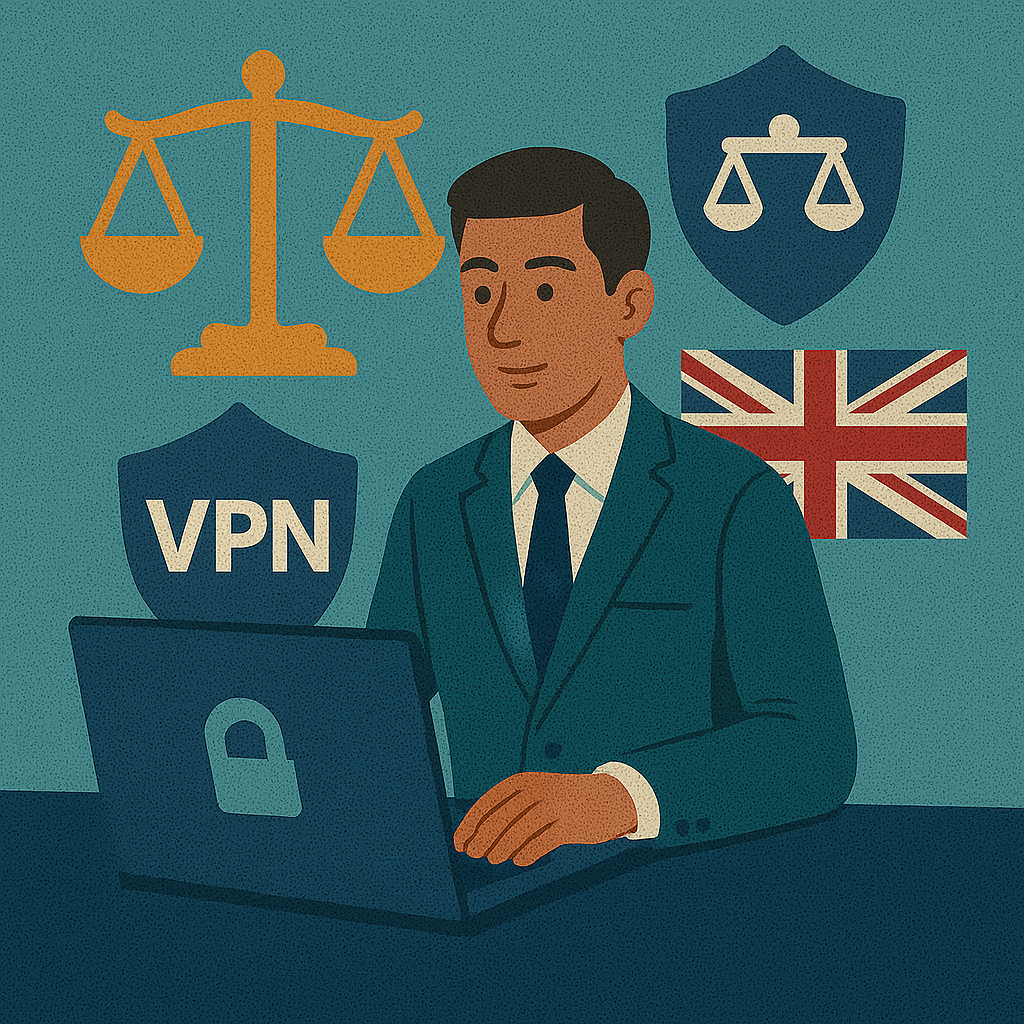Free VPNs are everywhere: quick to install, easy to try, and tempting if you only need basic protection on public Wi-Fi. But a VPN isn’t just an app — it’s a global network of servers, bandwidth and security audits. Someone pays for that. If it’s not you, the costs often show up as limits, ads, or data collection. In this guide we explain what free VPNs really offer, the privacy trade-offs, and how to stay safe without overspending. New to VPNs? Start with What Is a VPN?
How free VPNs fund themselves
Running a VPN costs money: servers, traffic, 24/7 support, bug bounties, audits. Free providers typically rely on one (or more) of the following:
- Strict quotas — monthly caps like 500 MB–10 GB and speed throttling;
- Queues & few locations — limited cities, peak-time delays;
- In-app ads — banners or injected promotions;
- Telemetry — collecting usage metadata for analytics/monetisation.
None of these are inherently malicious, but you should know exactly what’s logged and how your data is handled. A vague privacy policy is a red flag.
Typical limitations to expect
- Speed & stability: crowded free servers buffer streams and time out downloads.
- Geoblocking resistance: popular VOD platforms recognise and block well-known free ranges — see VPN & Geo-Blocks.
- Fewer safety features: kill switch, split tunnelling, custom DNS often sit behind the paywall.
- Support: no live chat and slower resolution times.
Privacy & security risks
Not all free VPNs are risky — but the risk surface is larger with unknown brands. Potential issues include:
- Activity or connection logs that can be shared with third parties;
- Ad/script injection on non-HTTPS traffic;
- Outdated protocols and missing DNS/IPv6 leak protection.
If privacy is your priority, vetted providers with independent audits and modern protocols are safer choices, e.g. NordVPN or Surfshark. Also see Wi-Fi Security for home/hotspot tips.
When a free VPN is fine
A free plan can be enough if you:
- only need short encrypted sessions on café or airport Wi-Fi;
- want to trial the UX before upgrading;
- don’t need 4K streaming, torrents, or rock-solid uptime.
For anything mission-critical — remote work, banking, frequent travel — a paid VPN will save time and headaches.
How to pick a safer free VPN
- Read the privacy policy: explicit no-logs language is non-negotiable.
- Favour modern protocols: WireGuard/NordLynx or OpenVPN; avoid legacy ciphers.
- Check for leak protection: DNS/IPv6 leak blocking and a reliable kill switch.
- Understand the limits: monthly data, speed caps, allowed locations.
- Reputation matters: years on the market and independent audits.
Free VPN vs streaming & geo-locks
Using a VPN to access another region’s catalogue isn’t a crime in the UK, but may breach a platform’s Terms of Use. The usual outcome is an error message or a blocked stream until you disconnect or switch servers. Learn how region locking works in our geo-blocks guide. If consistent access to specific libraries matters, paid providers with dedicated streaming servers work more reliably.
Smart alternatives & budget tips
Don’t want a big bill? Look for long-term promos from reputable providers — the monthly equivalent is often very low, and you get faster servers, priority support, and stronger privacy guarantees. Want whole-home protection? Install the VPN on your router so every device is covered: VPN on Router (UK).
Legal note (UK)
VPNs are legal across the UK. Issues arise when they’re used to commit offences or to violate a service’s ToS — see our explainer Is a VPN Legal in the UK?
FAQ
Are free VPNs safe?
Some are, with clear policies and modern encryption. Be cautious with unknown apps and opaque data practices.
Good enough for banking?
We recommend a reputable paid VPN for financial sessions and tax portals.
Will a free VPN work for Netflix?
Sometimes, but expect blocks and buffering. Paid options are more consistent.
Bottom line
Free VPNs are fine for occasional, lightweight use. If you care about privacy, stability, and speed, a trusted paid provider wins — fewer limits, better unblocking, stronger security and proper support. For a deeper dive into staying safe on home and public networks, see Wi-Fi Security.
Want privacy without the trade-offs?
Choose NordVPN or Surfshark — audited, fast, and easy on the wallet.
Quick answer
Yes — with caveats. Free VPNs can work for short public-Wi-Fi sessions and testing, but limits, slower servers, and weaker privacy are common. For regular use, a reputable paid provider is the smarter bet.
